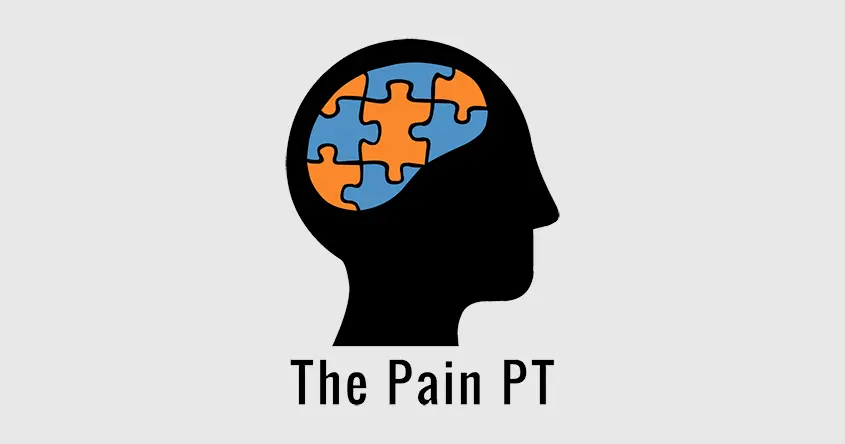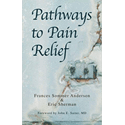What A Korean Disorder Can Teach Us About Anger & Somatic Symptoms

Hwabyung is probably not a diagnosis you have ever heard of. In Korea though, it is diagnosable and seen as a valid medical and mental health condition. According to this research paper “the term Hwabyung originated from folklore, wherein a patient suffered from a physical or mental unhealthy condition caused by accumulated and unresolved anger.” The reason I am sharing this today is to shine a light on how suppressed or repressed anger can manifest as somatic symptoms in the body and psychological disturbances in the mind.
In this 2021 review study titled “How Suppressed Anger Can Become an Illness: A Qualitative Systematic Review of the Experiences and Perspectives of Hwabyung Patients in Korea” the researchers examined the data from 7 eligible studies. What they found was: “Patients with Hwabyung experience chronic anger through the complex cognitive processes involved in blame. Hwabyung negatively affects patients’ physical, psychological, and social functions.”
The authors state: “The term Hwabyung literally translates as “fire-illness” in English, because physical symptoms of the disorder include a heat sensation, as if one has flames in their body; the feeling of something pushing up in one’s chest; respiratory stuffiness; and dry mouth, etc. However, psychiatric researchers usually use the term “anger syndrome” when referring to the disorder in English because its most prominent cause and manifestation is anger. Hwabyung develops when anger or feelings of unfairness are suppressed and accumulated after exposure to stressful life events.”
I see a fair number of patients who have similar symptoms to Hwabyung. I also see many other symptoms not mentioned above but they can represent the same emotion of anger in the body. This is determined by the nature, quality, and description of their somatic symptoms, their personal life histories, and how they specifically work with the emotion of anger. Many times patients who consciously hold in their anger (suppression) or say they don’t ever get or feel angry (repression) are at most risk for “fire-illness” symptoms in the body.
The good news is there is nothing physically wrong with people with these symptoms. To alleviate “hwabyung” symptoms, we need to improve our relationship with anger. That is, we need to learn how to work with anger, first to become more aware and open to it, then how to express it privately and publicly, and finally how to use it for assertiveness, action, change, and empowerment. Learning to work with anger in a more healthy, direct way will lead to less internalization (somatic symptoms) of that emotion in the body.






